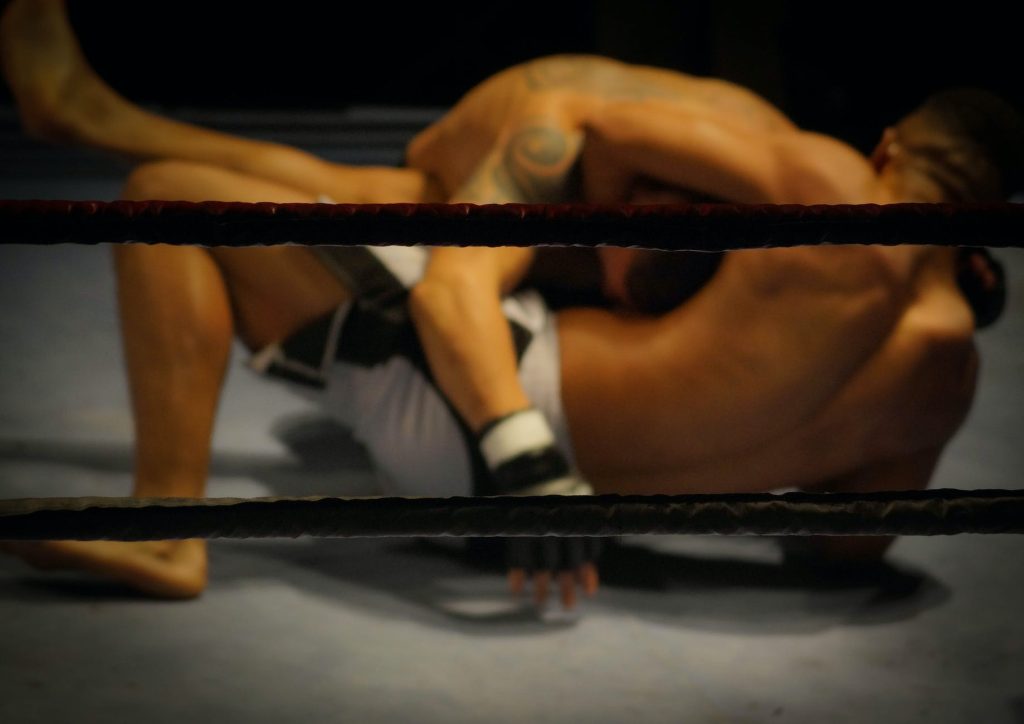
Gen Z’s Fight for Voice and Justice in Nepal, Taking a Stand against a Social Media Ban

Check out the featured post and read more here: https://www.christianity.com/wiki/current-events/what-does-gen-z-want-to-say-with-the-voice-they-are-fighting-for.html
Massive youth-led protests—driven by frustration over government corruption and a sudden ban on major social media platforms—rocked Nepal, leading to violent clashes, more than a dozen deaths, and significant injuries. The movement, spearheaded by Gen Z, adopted the anime-inspired Straw Hat Pirates flag as a symbol of resistance, compelled the prime minister to resign, and forced the government to lift the ban while raising renewed demands for transparency and reform. Yikes! What’s going on in our nation?
Around the world, young adults are stepping into streets, protesting their voices against corruption, taking a stand for injustice, and speaking out against policies that limit their freedom. But after a recent protest in Nepal, it’s clear these actions aren’t just small demonstrations, but rather nationwide movements of costly sacrifice. According to the New York Times, a dozen lives were lost, and hundreds were injured, but protests continued until the prime minister resigned and the ban was lifted.
Sadly, events like these aren’t just horrific, they’re common—Gen Z is restless, resilient, and unafraid to risk their lives for justice. But are these actions right? Are these actions just? Do these actions exemplify how we as Christians should respond to things we disagree with?
When a generation risks everything for truth and justice, how can the Church both cheer them on and anchor them in the hope that comes from Christ, not chaos?
The Cry for Justice Is Deeply Human
In the Scriptures, we learn that this desire for justice isn’t new. Nothing new is under the sun, but truly, from the prophets of Israel to the teachings of Jesus, Scripture cries out with humanity’s longing for righteousness. Micah 6:8 declares these words: “What does the Lord require of you? To act justly and to love mercy and to walk humbly with your God” (NIV).
In the Old Testament, God’s people were good at offering sacrifices and offerings, but bad at offering Him their whole hearts. They would shed blood, but mistreat orphans and widows. Leaders ruled over the people, but everyone did what was right in their own eyes. Sounds a little bit like today, right?
The Psalms, as a result, often cried out against corrupt leaders who exploited the vulnerable (Psalm 94:20–21). And collectively, creation groaned (and still groans), longing for redemption in a crazy, upside-down world (Romans 8:22). Today, events like Gen Z’s protests in Nepal reflect this timeless longing. An ache for peace in this world that the world itself cannot give them. Our human hearts know that injustice is wrong and cannot last, but how can we respond?
The Courage (and Cost) of Gen Z
No matter where Gen Z resides, whether in Kathmandu, Kentucky, Ohio, or India, they are a generation that carries unique traits. Raised almost exclusively in the digital age, and with a hunger for transparency and authenticity, they are keenly aware of injustice. While these characteristics translated to a powerful movement in Nepal, it’s important to recognize three key things:
First, symbolism matters. Yes, standing up for human rights and Biblical truth is expected of us. But when Gen Z adopted the Straw Hat Pirates flag, this wasn’t a random, cool, or hipster choice; it was their way of demonstrating loyalty, resilience, and freedom. As Christians, I would encourage us to respond to injustice based on Scripture and out of love.
Second, sacrifice does matter. Dozens of people lost their lives at this protest, and many more risked their safety, jobs, and future stability. While all of these actions might not have been the right way to respond, it does make us question: What would we stand up for when it comes to Christ and His Kingdom?
Because of Gen Z’s actions, we see that impact has an influence. A prime minister resigned, a social media ban was lifted, and a nation was forced to listen. But was it worth it? Their bravery? Undeniable. Absolutely. Yet alongside courage, movements like this expose real danger: when hope rests only in human systems, change remains fragile.